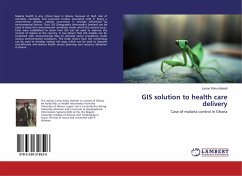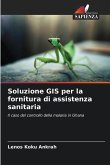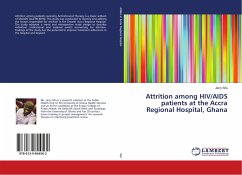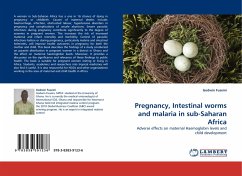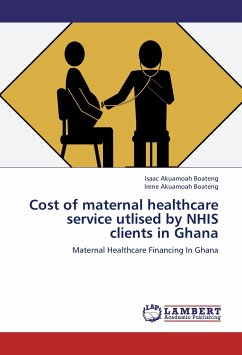Malaria health is very critical issue in Ghana, because of high rate of mortality, morbidity, and economic burden associated with it. Being a vector-borne disease, malaria occurrence is strongly influenced by environmental factors. Thus, GIS (Geographic Information Systems) can be used to show the environmental conditions under which the vectors occur. Facts were established to show how GIS can be used to improve the control of malaria in the country. It was shown that GIS models can be combined with environmental data to estimate vector prevalence under various environmental conditions. The book shows how the technology can be used to develop malaria risk map, which can be used to improve cost-effective anti-malaria health service planning and resource allocation in Ghana.
Bitte wählen Sie Ihr Anliegen aus.
Rechnungen
Retourenschein anfordern
Bestellstatus
Storno

